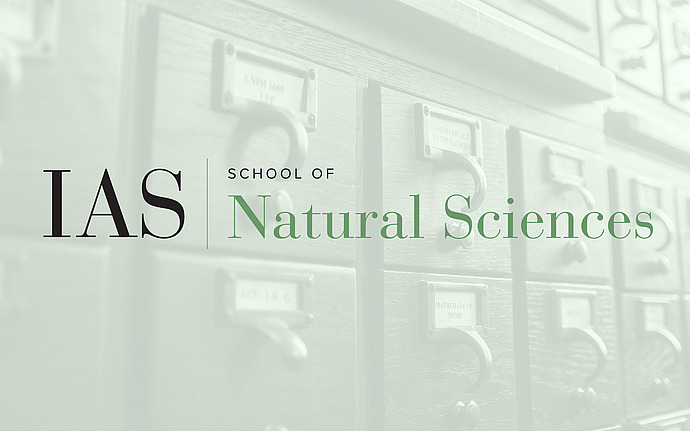
Princeton Center for Heliophysics Seminar
The helicity barrier: how low-frequency turbulence triggers high-frequency heating of the solar wind
Low-frequency Alfvénic turbulence is a leading candidate to explain the heating of the solar corona and launching of the fast solar wind. A sufficiently energetic source of such motions is observed near the coronal base and in-situ measurements reveal that the solar wind is filled with Alfvénic fluctuations. However, a persistent difficulty with the scenario has been explaining the observed dominance of perpendicular ion heating, since theories predict a variety of outcomes, with electron heating dominating in the highly anisotropic, low-beta limit that seems most relevant to the low solar wind. Ion cyclotron wave (ICW) heating, in contrast, can readily explain the observed heating properties (including those of alpha particles and other minor ions); but, given the small parallel scale of ICWs, it has proved difficult to explain their source. In this work, using six-dimensional hybrid-kinetic simulations, we show how imbalanced Alfvénic turbulence can drive ICW heating of the solar wind. The effect is enabled by the recently discovered “helicity barrier,” which stops turbulent energy from cascading to scales below the ion gyroradius, thus inhibiting electron heating. Instead, the turbulent energy hits the “barrier” and is stuck, building up in time until the parallel scales decrease sufficiently to generate ICWs and perpendicular ion heating. The resulting turbulence bears detailed resemblance to a wide array of in-situ measurements from the solar wind, capturing the steep “transition range,” observed magnetic-helicity signatures, and key features of the ion distribution function. Based on the predicted dependence of the ion-to-electron heating ratio on imbalance, we suggest that fast- and slow-wind streams are driven by similar physical effects with the helicity barrier playing an important role.
Preprint https://arxiv.org/abs/2109.03255(link is external)